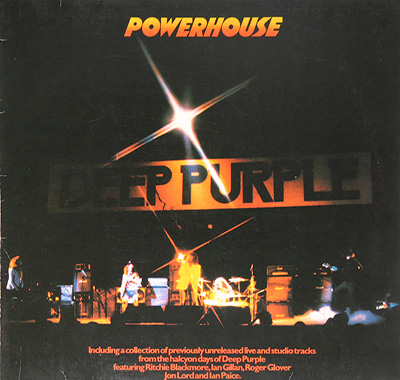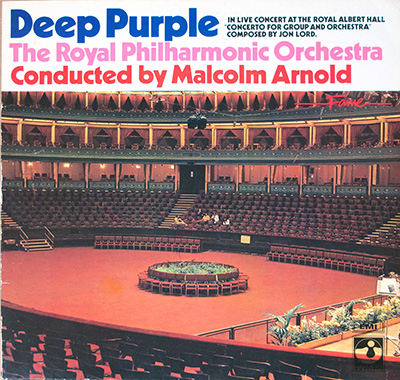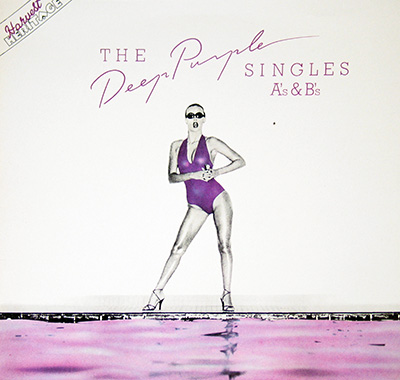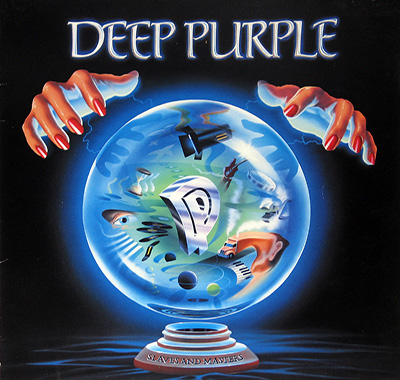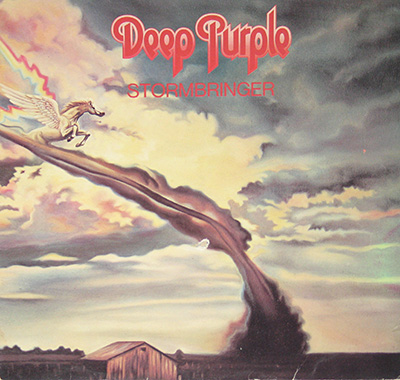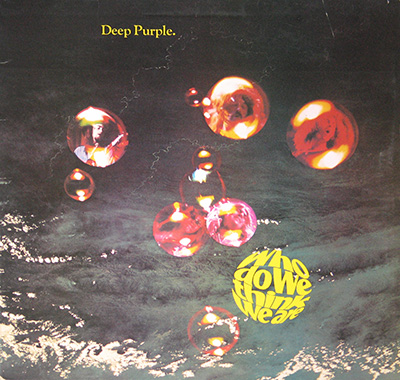In the smoldering ashes of 1975, as the bloated corpse of arena rock lay twitching, Deep Purple, those once-mighty dinosaurs of hard rock, unleashed their tenth studio album, "Come Taste the Band." Little did they know, this would be their swan song, a final gasp before the inevitable demise.
This wasn't the Deep Purple of "Smoke on the Water" or "Highway Star." Ritchie Blackmore, the guitar god with the six-string sneer, had fled the coop, replaced by the young, hungry Tommy Bolin. Bolin, a fiery guitarist in his own right, brought a funky, soulful edge to the band's sound, but his arrival also signaled a shift in the tectonic plates of Deep Purple's musical landscape. This change divided fans and critics alike, with some embracing the new sound while others lamented the loss of Blackmore's blues-rock roots.
The album, recorded at Musicland Studios in Munich, is a curious beast, a Frankenstein's monster of styles and influences. The production, helmed by the band and Martin Birch, is slick and polished, but there's a raw, unhinged energy lurking beneath the surface. The album opens with the swaggering "Comin' Home," a track that showcases Bolin's chops and Coverdale's bluesy wail. It's a promising start, but the cracks soon begin to show.
Glenn Hughes, the bassist with the golden pipes, takes center stage on several tracks, his funky bass lines and soulful vocals adding a new dimension to the band's sound. But his penchant for excess, both in his lifestyle and his musical contributions, would prove to be a double-edged sword. His prominent role, alongside Coverdale's, led to a dynamic shift within the band, blurring the lines between lead vocalist and background singer.
The album's centerpiece, the sprawling, eight-minute epic "Gettin' Tighter," is a microcosm of the band's struggles. It's a thrilling ride, full of twists and turns, but it's also bloated and self-indulgent, a testament to the band's growing egos and lack of direction. Despite its flaws, the track remains a fan favorite, a testament to Bolin's guitar prowess and the band's adventurous spirit.
As the album progresses, the sense of unease grows. The lyrics, penned mostly by Coverdale and Hughes, are filled with angst and despair, reflecting the band's internal turmoil and the changing musical landscape. Tracks like "Dealer" and "Drifter" hint at the darkness that was consuming Bolin, his demons fueled by his growing addiction to heroin. Bolin's deteriorating health and struggles with addiction became a major concern during the subsequent tour, overshadowing the album's release and contributing to the band's eventual demise.
"Come Taste the Band" is a flawed album, a product of its time and a band in disarray. But it's also a fascinating document of a band at a crossroads, struggling to find their place in a world that was leaving them behind. It's a testament to their talent and resilience that they managed to create something so compelling amidst the chaos. Despite its mixed reception upon release, the album has since gained a cult following, with many recognizing its unique charm and adventurous spirit.
In the end, "Come Taste the Band" is a requiem for a dying breed. Deep Purple, once the kings of hard rock, were now facing extinction. Their final album is a fitting epitaph, a testament to their greatness and their flaws. It's a reminder that even the mightiest of beasts can fall, and that even in their darkest hour, they can still create something beautiful and haunting.
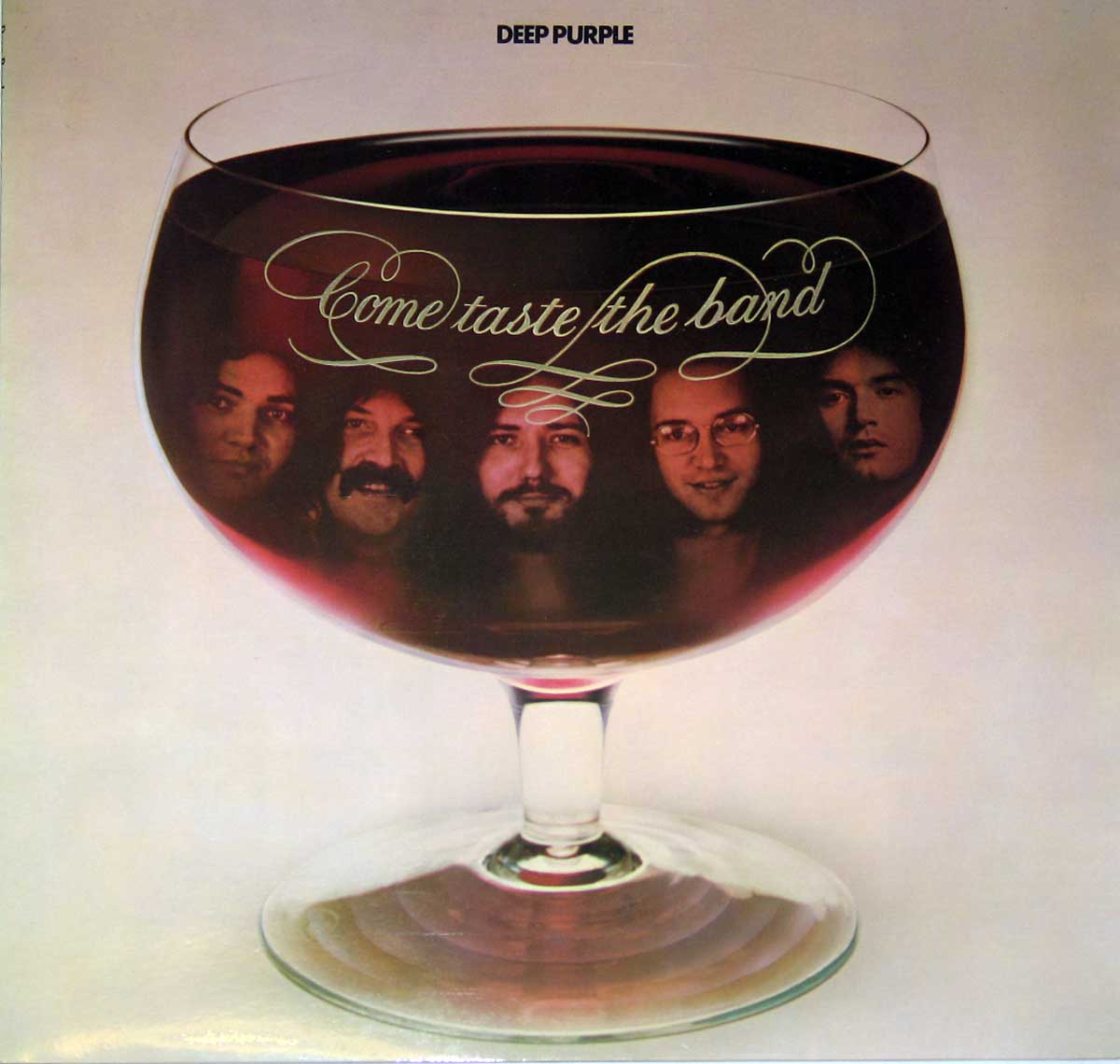
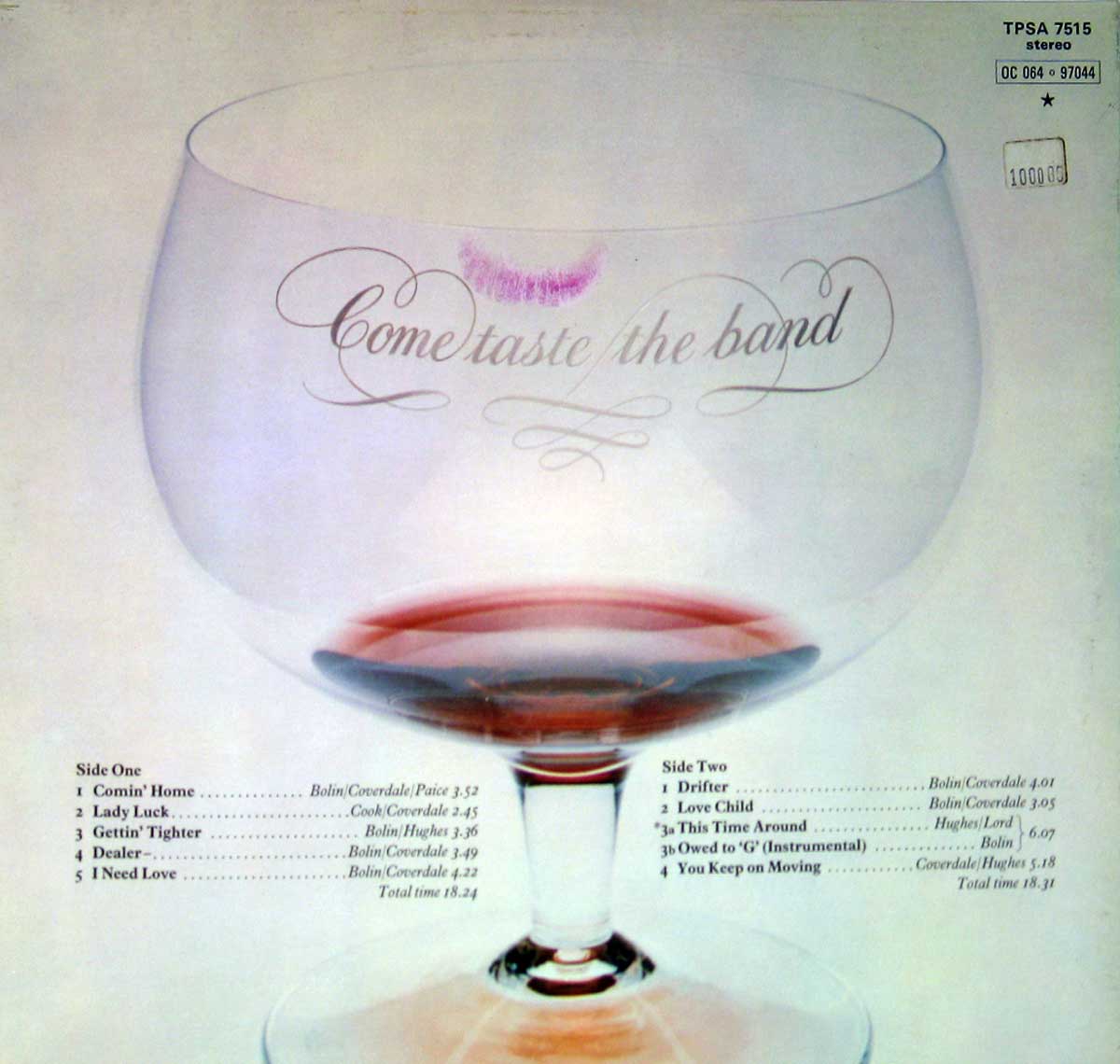
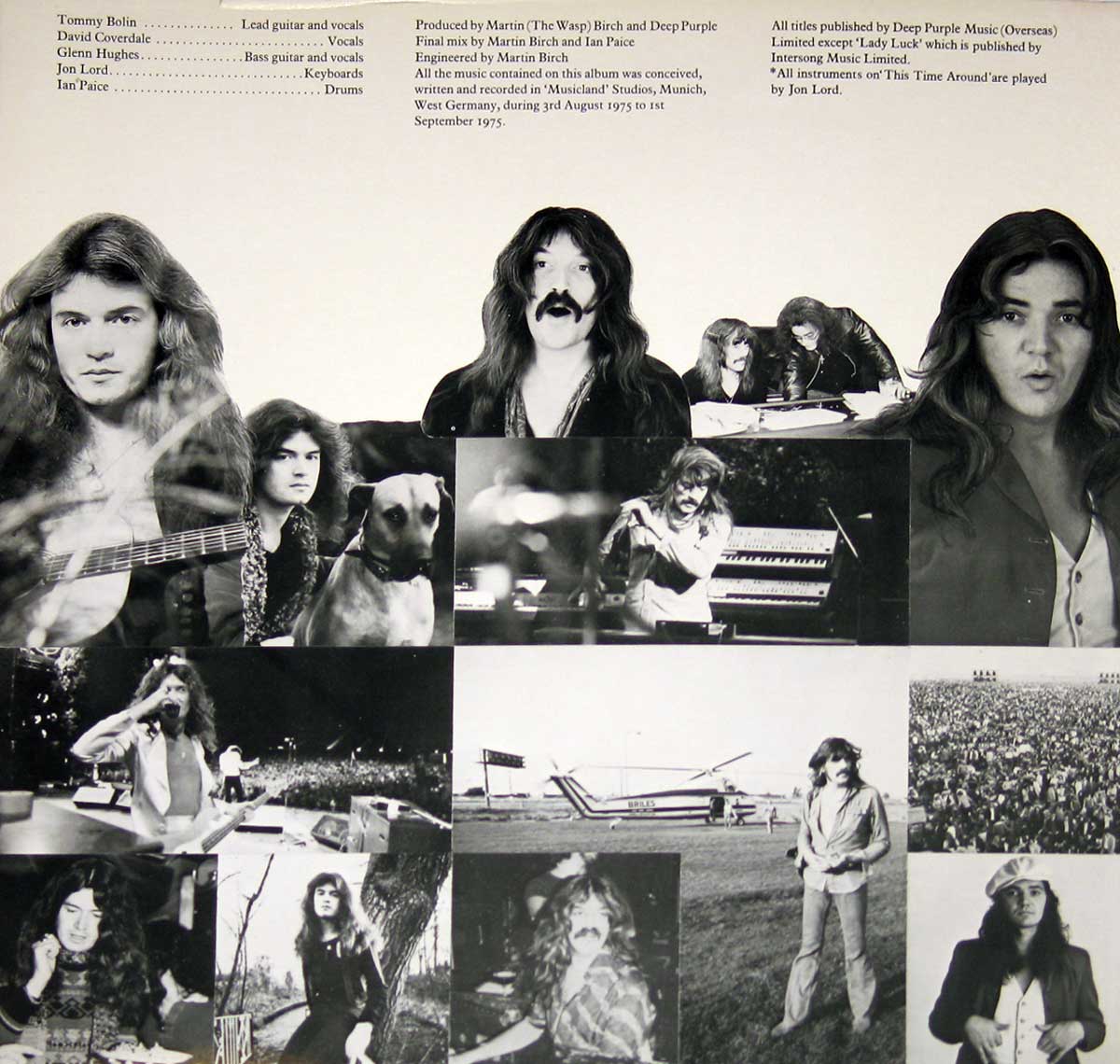
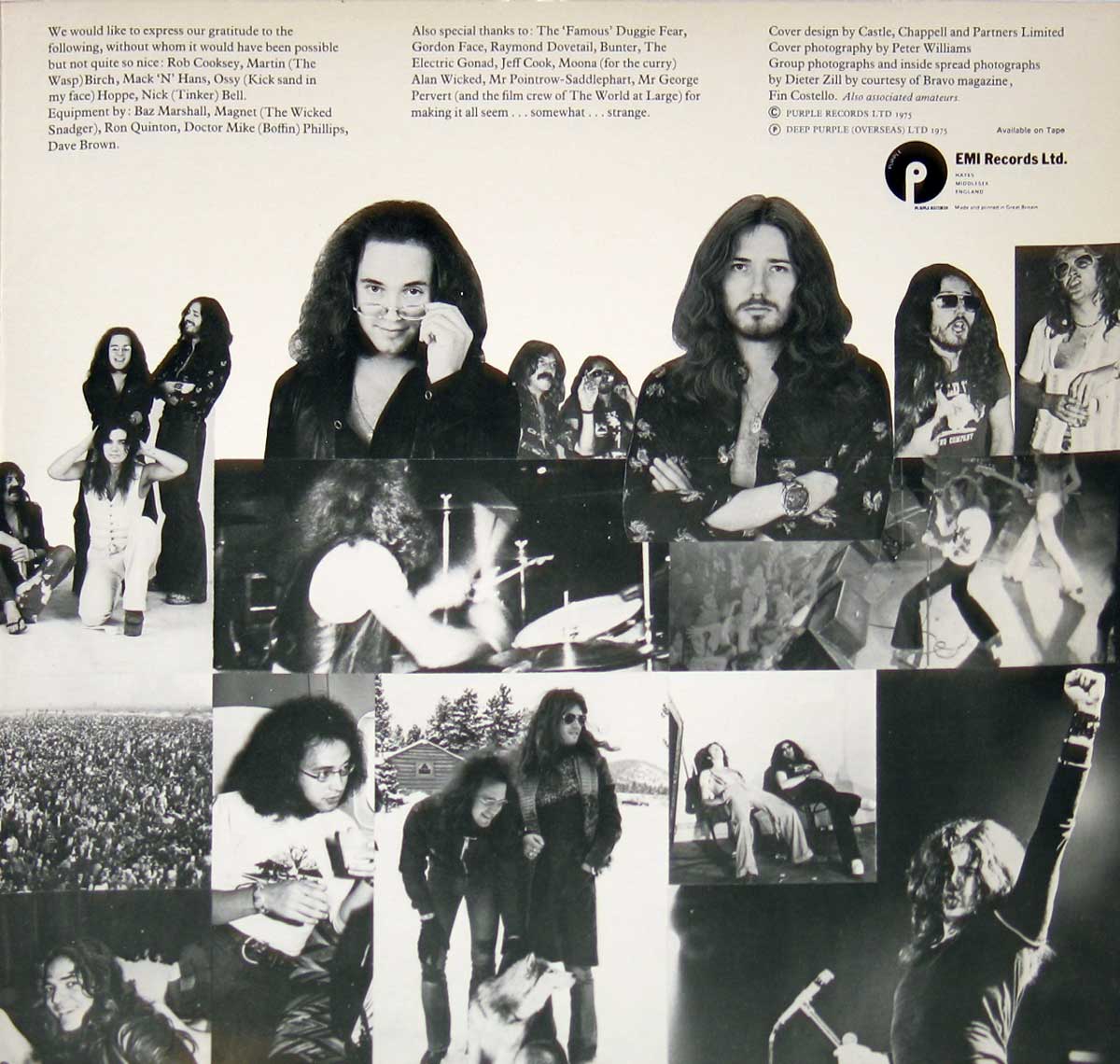
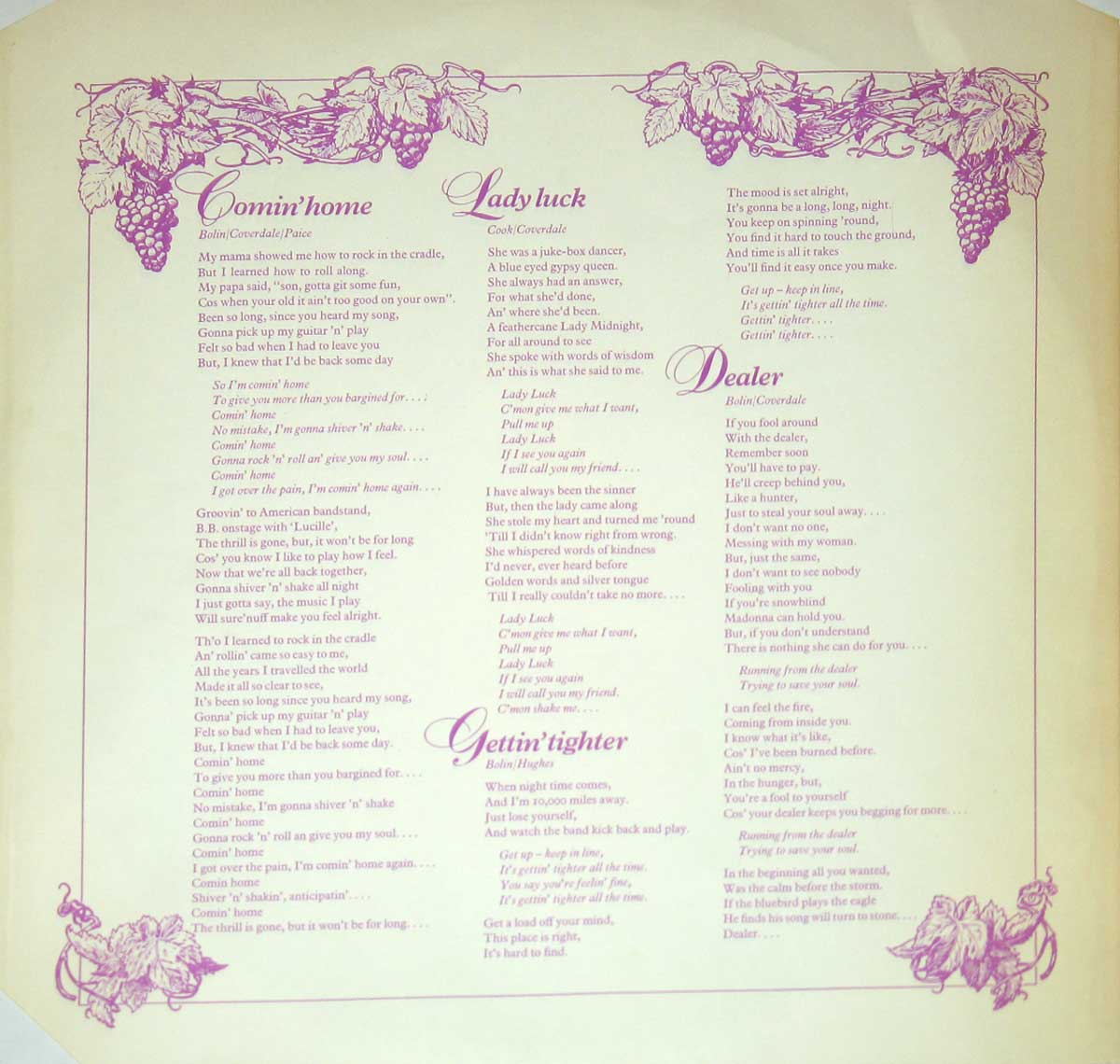

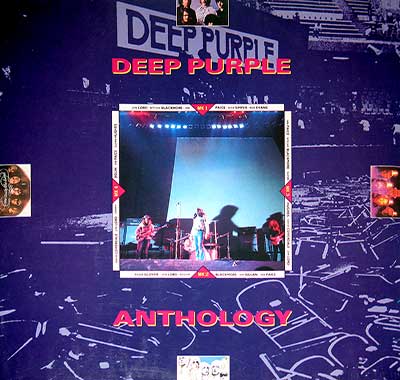
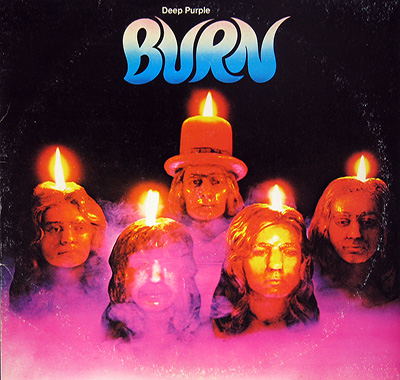
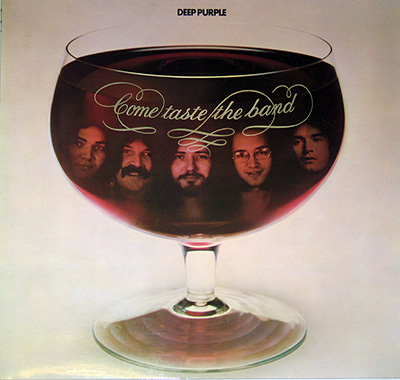
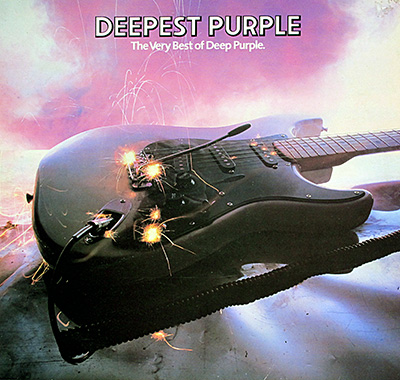
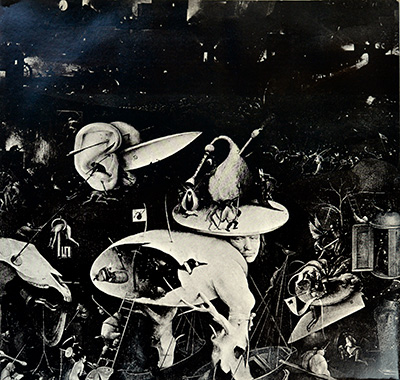
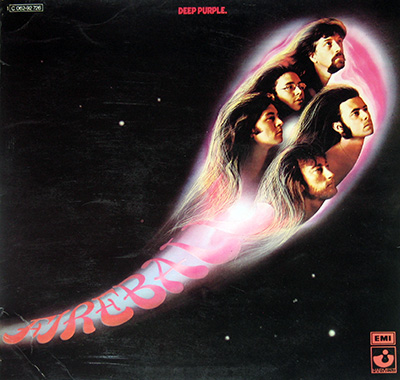
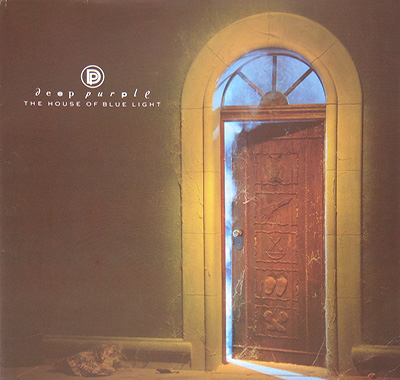
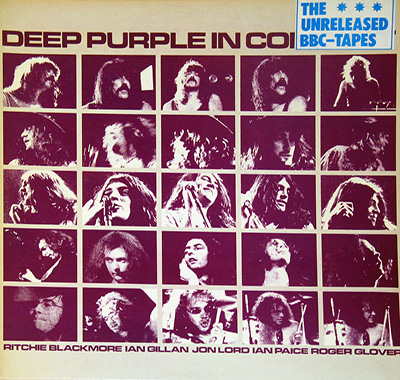
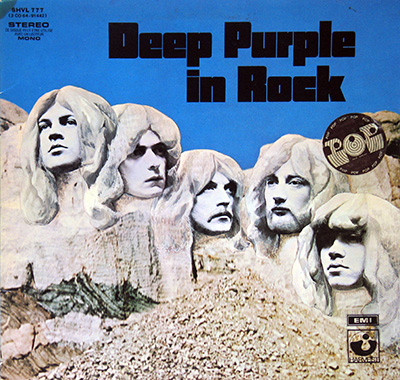

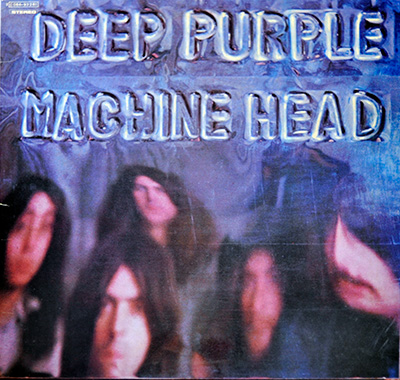
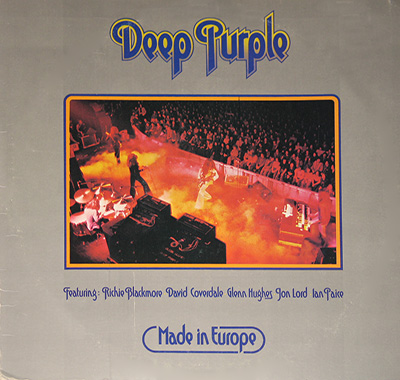
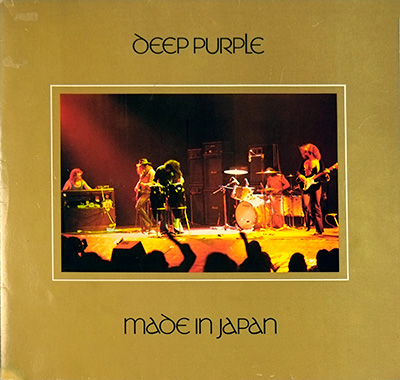
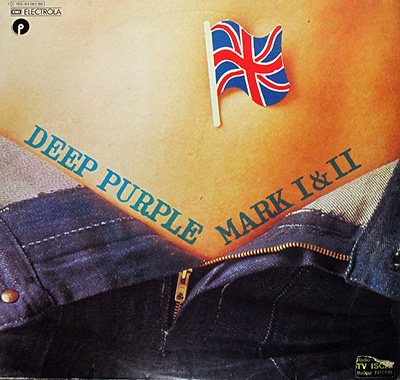
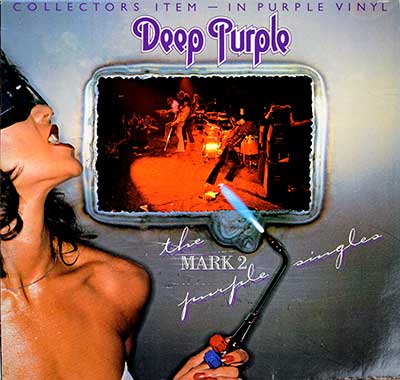
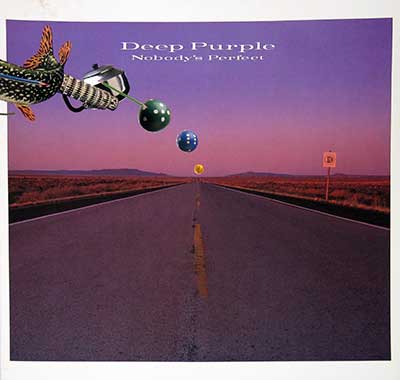
.jpg)
